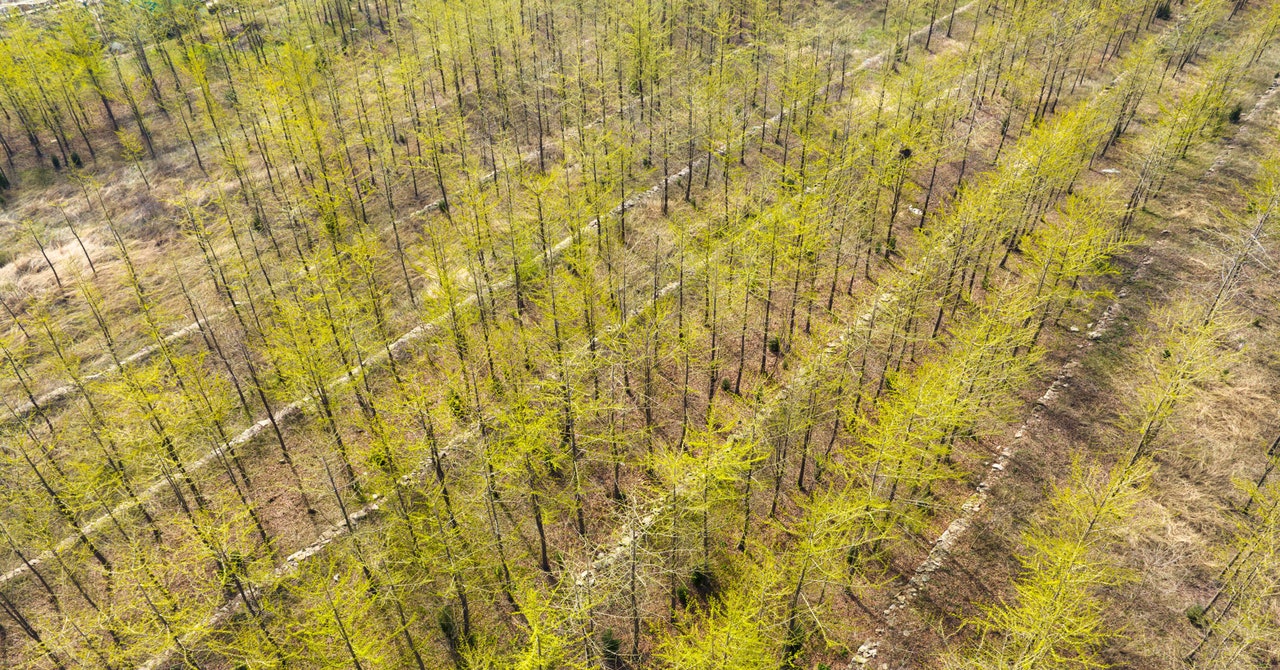Most of the climate benefits from “tree-planting” really derive from reforestation. Forest ecologies are complex and take decades-centuries to develop to the point where they can function as meaningful carbon sinks. The cycle was covered in my biology 101 class in college, can’t find a graphic covering the overall cycle at the moment, but the point is it’s not just lots of trees = carbon sink, it’s the enormous community of life that develops around (and also often precedes) the trees that makes forests – not just “groups of trees” or even “a rather large group of trees” – function as carbon sinks.
It’s a fantastic idea for the long-term considering all the other problems we’re running into with global deforestation anyways, but businesses whittled the concept down to plant tree = good because that’s easier than dealing with the causes of global deforestation (hint: businesses)
If you’re interested in the complex ecology of forests the book “The Hidden Life of Trees” is a really good book that talks about all of the symbiotic relationships of forests and how they work together to make a forest strong. Can’t recommend it enough
Good book. I think the thumbnail sounds up the main problem with mindless tree planting. Monocultures, isolated from historic biomes won’t become healthy ecosystems at all but fall prey to bugs and disease. Same as with human culture, biodiversity is needed for it to thrive.
Yeah, we need rewilding, not tree farms.
Yeah, but actually doing that at scale means closing down farms which currently serve the meat and biofuels industries. That’s hard.


